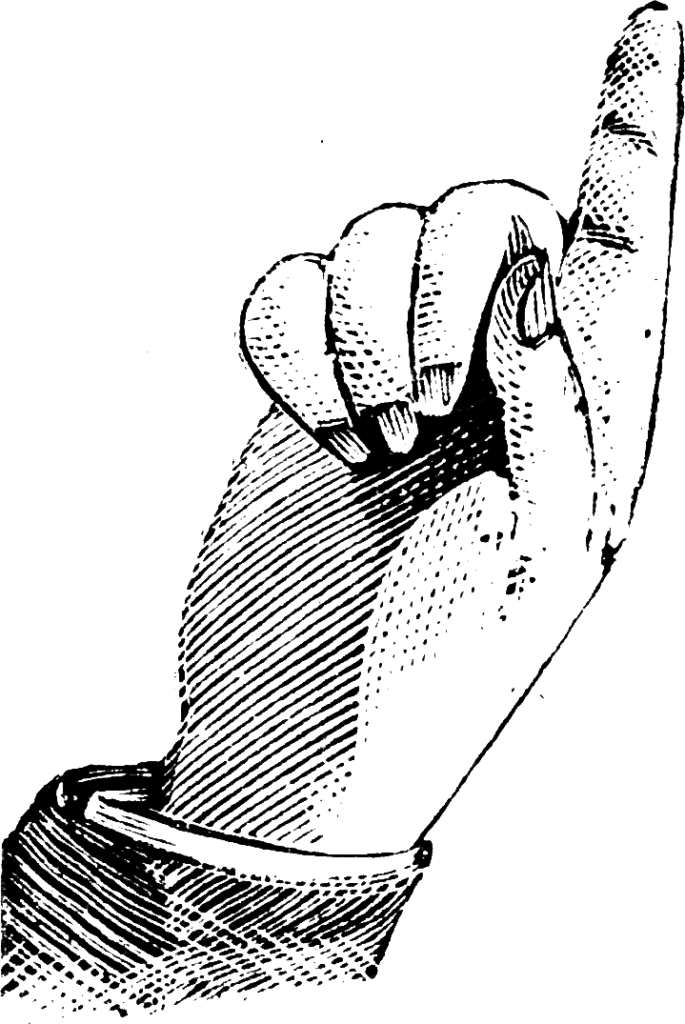

Design Forward
An emergent exploration of critical instructional design.
Design Forward
Portfolio Part: Heavy Hand or Open Heart
#wronganswersonly
Heavy Hand or Open Heart
In the space below, brainstorm the MOST restrictive, oppressive course policies you can imagine. You can choose to frame these around a course you teach, or you can just come up with a list that could apply to any courses. Be as heavy-handed and authoritarian as you like; it’s okay if the rules you write make you uncomfortable.
Oppressive Course Policies
Oppressive Course Policies Reflection
Referring back to the rules you wrote, now write the OPPOSITE of each of them in the space below. Reframe each rule by imagining what it would be if you tried to completely counteract its purpose.
Rewritten Course Policies
Rewritten Course Policies Reflection
Reflect upon the experience of writing both sets. How did writing these rules make you feel? How were the two experiences different? In your own courses, are your policies more like one set or the other? Put yourself in the shoes of a student again, and re-read the rules. How do they feel now?

